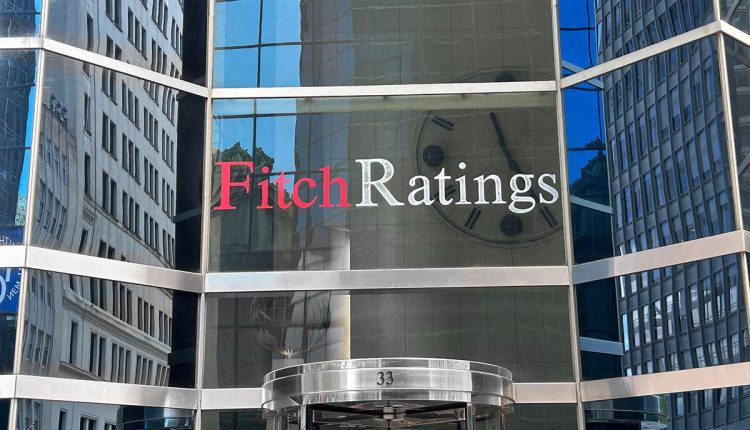Fitch: Egypt’s ability to weather shocks bolstered by flexible exchange rates, reforms
Fitch Ratings released on Thursday a new report outlining “the centrality of flexible exchange rates as shock absorbers,” as one key factor for Egypt’s longer-term external finance sustainability.
The rating agency also cited the key role of bilateral support, and the importance of structural economic reforms that enabled Egypt to absorb external and policy-induced shocks in recent decades.
In November, Fitch upgraded Egypt, one of the large, strategically significant emerging economies, to ‘B’/Stable compared to peers like Pakistan, which was rated ‘CCC+’ in July.
In its report, the agency attributed the decision saying Egypt’s higher ratings “reflect stronger liquidity, policymaking, and structural features, despite higher debt.”
It added that Egypt stands out for its “stronger liquidity” as a result of “greater availability of external support, less volatile policymaking, and more constructive” engagement with the International Monetary Fund (IMF).
Despite high debt, Fitch said Egypt’s broad economic and fiscal base contributes to its relative resilience.
Fitch also points to Egypt’s strategic reliance on nominal exchange-rate stability to curb inflation and foster domestic confidence. Although the currently adopts a nominally flexible exchange-rate policy, currency fluctuations tend to be low. This, in Fitch’s partly view, “reflects underdeveloped interbank markets and a preference for exchange-rate stability among commercial banks.” However, “exchange-rate rigidity” has contributed to balance-of-payments pressures, it noted.
Additionally, the report highlights Egypt running current account deficits, which have led to large external debt burdens over time, reflecting its dependence on imports to satisfy growing domestic demand, amid high population growth, and limited development of new exporting industries. Remittances offset this to some extent, Fitch stated.
As Egypt benefits from significant bilateral and multilateral financial support, particularly from the gulf countries, Fitch highlighted such extraordinary bilateral support had enabled the country to overcome external shocks without default or debt restructuring, in some instances disincentivising deeper economic reform. However, it became “increasingly tied to IMF engagement and reforms, and more commercial in nature.”
Attribution: Fitch Ratings


